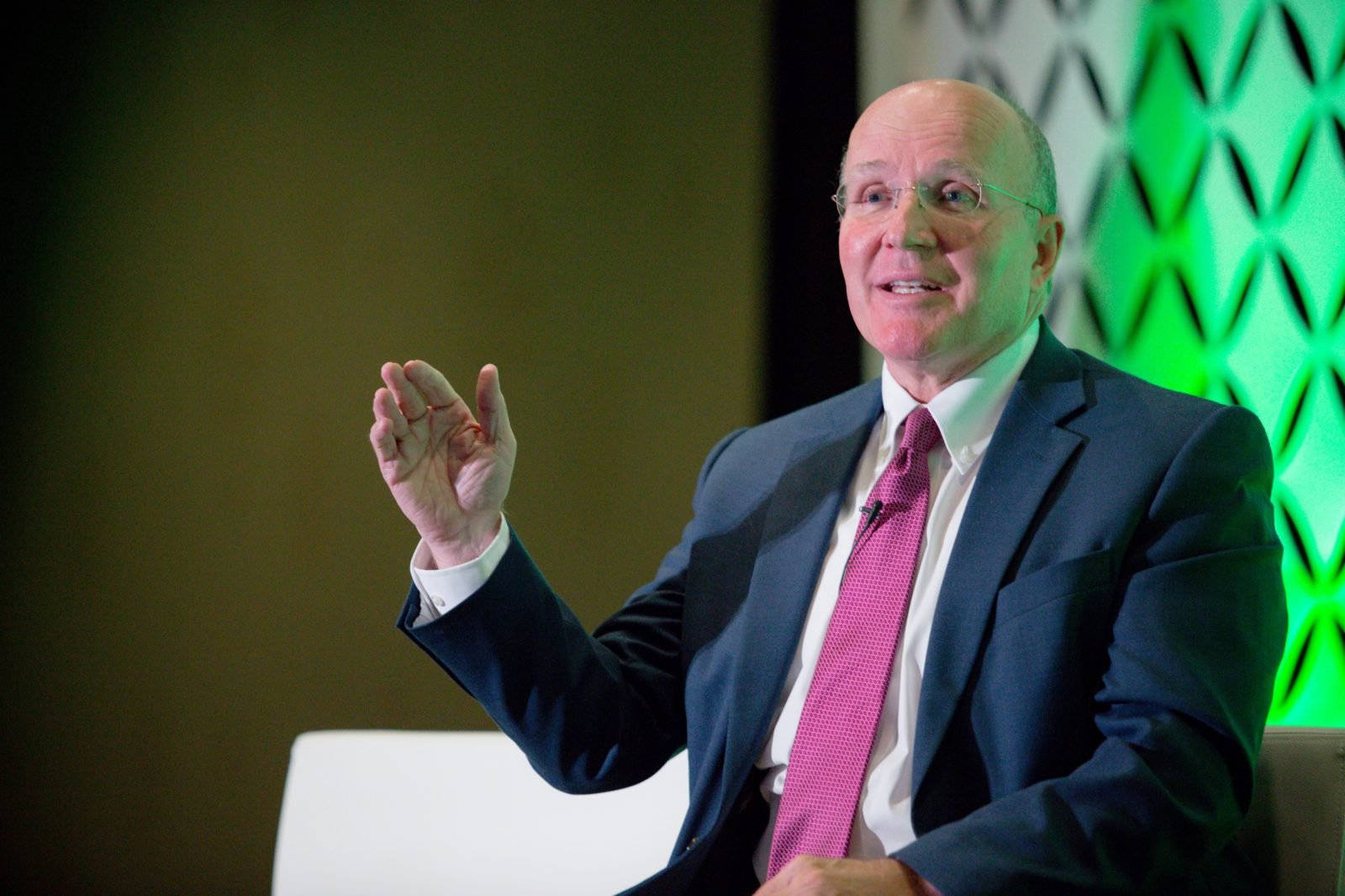Ed's Topics
More misunderstanding of price theory.
Another example of how the belief that price is exclusively a function of costs: Why Starbucks' Prices Went Up, as Coffee Beans Got Cheaper (New York Times).
Big Brother Boss
Also from the Times: Data crunching coming your way so your boss can manage your time. Great, sign my up for this... NOT!
Froggy Went A-Courtin' But Lady Frogs Chose Second-best Guy Instead (NPR)
Thanks for our listener Mike Natolli for sending the link to this one. The framing effect (or decoy effect, if you prefer) is part of the reptilian brain, not only in retiles, but in we humans as well.
Apple working on a car.
Ron needs to start saving his money as he is on record as saying that if Apple made a car, he would buy it.
More abuse of intellectual property law.
LMFAO, The Band, Sends Cease And Desist Over LMFAO, The Beer
Ron's Topics
"What If Stalin Had Computers?" (New Republic, August 18, 2015).
Postcapitalism: A Guide to Our Future, by Paul Mason.
Postcapitalism argues that we are on the brink of a change so big and so profound that this time capitalism itself, the immensely complex system within which entire societies function, will mutate into something wholly new.
At the heart of this change is information technology, a revolution that is driven by capitalism but, with its tendency to push the value of much of what we make toward zero, has the potential to destroy an economy based on markets, wages, and private ownership.
The Black Book of Communism: Crimes, Terror, Repression, 1999:
French scholars tally up the deaths under communism:
USSR = 20 million
China = 65 million
Vietnam = 1 million
North Korea = 2 million
Cambodia = 2 million
Eastern Europe = 1 million
Latin America = 150,000
Africa = 1.7 million
Afghanistan = 1.5 million
Communists not in power = 10,000
Total = Nearly 100 million.
There is no good way to implement a bad idea!
Dan Price, CEO, Gravity Payments
120 employees, paid each $70,000 (“Happiness Salary”). He sank last year’s profits $2.2M into higher wages and slashed his salary $1M to $70,000. His two best employees quit, as well as customers who feared less service from non-motivated employees.
His brother Lucas, co-founder in 2004, filed a lawsuit, accusing Dan of paying too high a salary to himself.
This illustrates the perils of "Bubble sheet research," which attempts to measure "happiness" and its link to income.
Distributive fairness:
1. Equality (everyone gets the same).
2. Proportionality (all receive rewards in proportion to their inputs).
“There is nothing more unequal than the equal treatment of unequal people.” ― Thomas Jefferson
At least he used his own resources. Imagine a $70,000 federal minimum wage?
Dodd-Frank Rule
SEC requires companies to reveal median pay and compare to CEO pay, starting in 2017, passed 3-2 on party lines on August 5th.
Multinationals can exclude 5% of foreign employees.
Lobbying trade unions believe this rule will shame bosses into paying themselves less and workers more. “It will allow investors to see," says Commissioner Kara Stein, "how a company manages human capital.”
But labor unions don’t have a history of caring about protecting investors!
An investment bank with high pay can look more egalitarian than a cleaning company with low paid workers and a moderately paid CEO.
This rule hijacks the SEC for political purposes, unrelated to SEC’s mission, which is:
To protect investors, maintain fair, orderly, and efficient markets, and facilitate capital formation.
A company’s pay ratio is not material information! Moreover, the ratio has no bearing on whether or not the CEO's pay is appropriate. Executive pay is already disclosed under current regulations.
Companies will try to goose the ratio from the other direction, by shedding its lowest-paid employees (utilizing contractors and temps).
Cost of implementation: $1.3 Billion upfront, $526million afterwards.
One way of course to "fix" the appearance of a "bad" ratio would be outsourcing, but as Ed points out, another court ruling in California is trying to stop that from happening.
Uber in Las Vegas
Surge pricing = bad when Uber does it.
Congestion pricing when government does it, celebrated by urban planning policy wonks.
North Korea
On August 15th, it turned clocks back ½ hour to establish its own time zone and reverse the imposition of Tokyo time in 1912.
It established the "Juche calendar," from 1912, the birth of Kim Il Sung.
Hugo Chavez turned clock back ½ hour in 2007 (a fairer distribution of sunrise?).
What is it with dictators and time?







